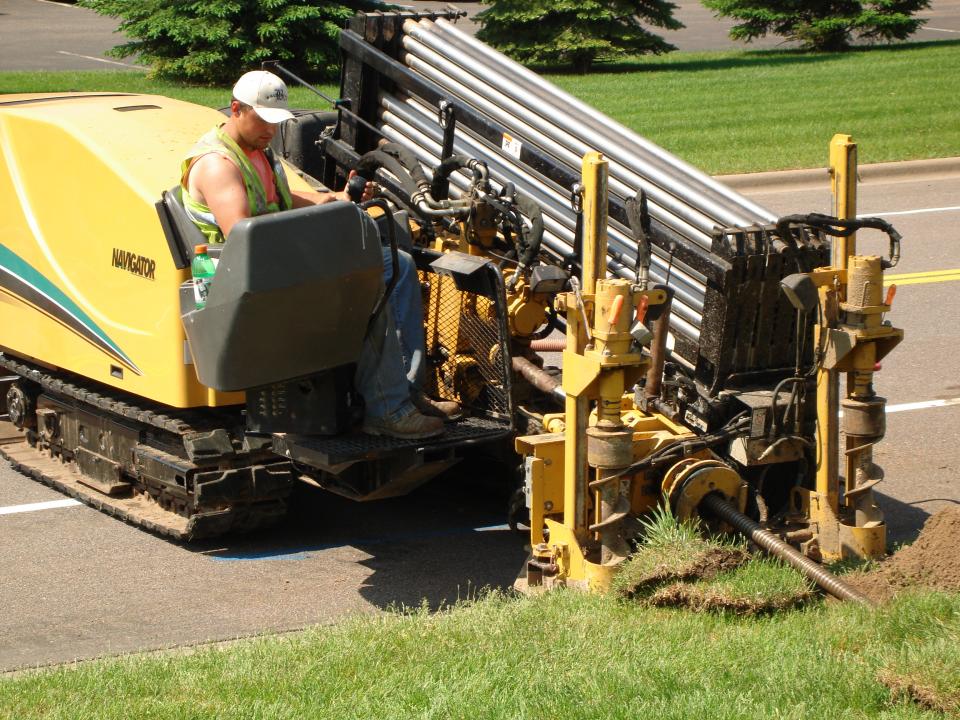Bore Drilling vs. Traditional Water Systems: Cost Comparison

When it comes to sourcing water, the choice usually comes down to traditional water systems, like mains water, and bore drilling. Both have their own set of advantages, but when it comes to cost, things can get complicated. Understanding the financial implications of both systems is key to making an informed decision.
This blog offers a detailed comparison between traditional water system prices and bore drilling costs, examining factors like installation, operational costs, and long-term financial considerations.
Initial Installation Costs
For traditional systems, like mains water, the installation cost typically involves a connection fee. This fee can vary depending on where you are located, but in general, you’ll pay a one-off charge to have your property connected to the local water supply. In cities like Sydney, connection fees are set by local water authorities and can include a variety of charges: installation of the meter, trenching, and other related expenses. Typically, you’ll be looking at a few thousand dollars just to get hooked up.
Now, if you opt for bore drilling, the main expense here comes from hiring drilling contractors in Sydney to dig a borehole. Depending on the depth of the borehole, the type of soil, and how challenging the site is, the upfront cost can vary significantly. On average, you might expect to pay anywhere from $3,000 to $6,000 for a basic residential bore, though complex drilling or larger commercial projects could push those numbers much higher.
While the initial bore drilling cost can be higher, the advantage is that this is a one-off fee. Once your borehole is drilled and operational, you won’t have to pay connection fees or monthly charges to a water company.
Ongoing Operational Costs
With traditional water systems, the most significant ongoing cost is the water bill. In cities like Sydney, where water rates are subject to regular increases, this can quickly add up. The amount you pay will depend on how much water you use, but the key point here is that traditional water systems are always subject to variable costs, meaning that water bills can increase over time.
On the other hand, with bore drilling, your operational costs are much more predictable. Once the initial drilling is completed, the main ongoing costs are related to maintaining the borehole and pump system. In general, these maintenance costs are relatively low, though you will need to ensure that your system is regularly serviced to avoid any unexpected repairs. If you’re using a filtration system, this will also add to the operational cost, especially if you’re treating the water for drinking purposes.
Water Quality and Reliability
With traditional water systems, the water quality is usually monitored and treated by the local water authority. While this is a great convenience, it makes you heavily dependent on the infrastructure, which can occasionally be vulnerable to disruptions, whether from heavy rains or general wear and tear.
Bore water quality, on the other hand, varies depending on the location of your bore and the depth of the drilling. For instance, directional drilling in Sydney can sometimes reach groundwater that’s high in minerals, which might need extra treatment before it’s suitable for drinking. Plus, the reliability of bore water depends on the sustainability of your water source, which, as mentioned before, can sometimes be unpredictable.
Environmental and Regulatory Factors
Mains water is generally viewed as more sustainable in urban environments, as it’s part of a larger, regulated network designed to ensure the fair distribution of resources. In contrast, bore drilling can be more environmentally friendly, especially if you’re using a renewable groundwater supply. However, bore drilling in some regions, especially in densely populated areas like Sydney, can be subject to strict regulations.
For example, drilling companies in NSW often have to comply with specific state regulations that govern how deep the bore can go and what the maximum extraction rates are. It’s important to work with experienced contractors who are familiar with these rules to ensure that you’re not violating any local laws. Not complying could lead to fines or the revocation of your permit.
Long-Term Financial Considerations
With traditional water systems, you’re locked into ongoing costs, often with annual increases in pricing. In Sydney, mains water prices can go up due to inflation or other factors, which means your monthly water bill is likely to increase over time.
With bore drilling in Sydney, once the initial costs are covered, the only ongoing expenses are those related to maintenance and potential repairs. If you’re planning to stay in the same property for years or even decades, a borehole could be a great way to secure your water supply at a much lower cost in the long run. Plus, you get the added benefit of having a private water source, which offers more control and flexibility than relying on the local water utility.
Conclusion
The choice between bore drilling and traditional water systems depends largely on your long-term plans, location, and willingness to maintain your water system. While bore drilling has a higher initial cost, it offers long-term savings and autonomy over your water supply. Traditional water systems, while reliable and easy to set up, come with ongoing costs and the potential for price increases.
Consider all these factors carefully when deciding which system best suits your needs. You can also consult drilling contractors in Sydney to ensure you’re making the right decision for your property.





